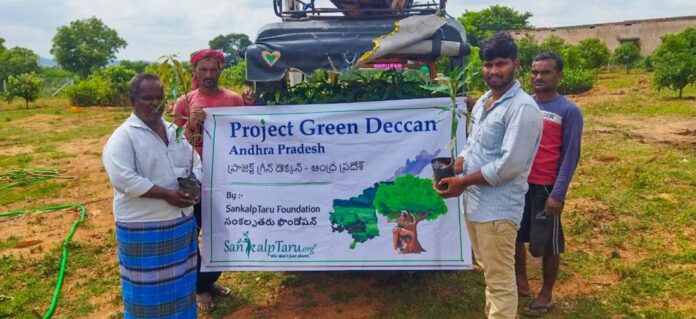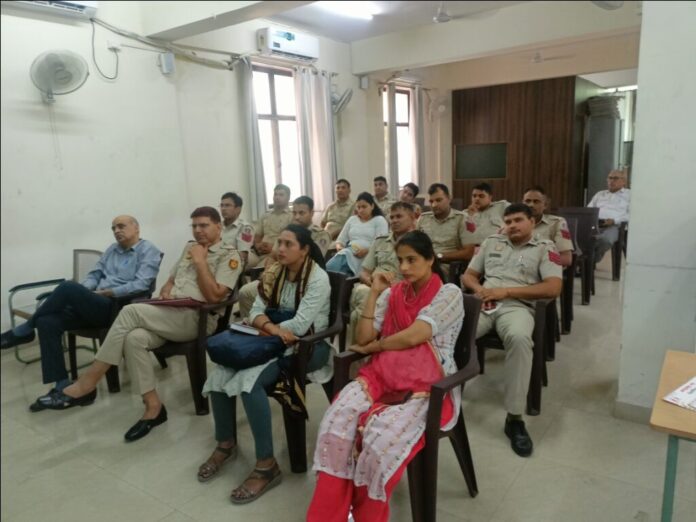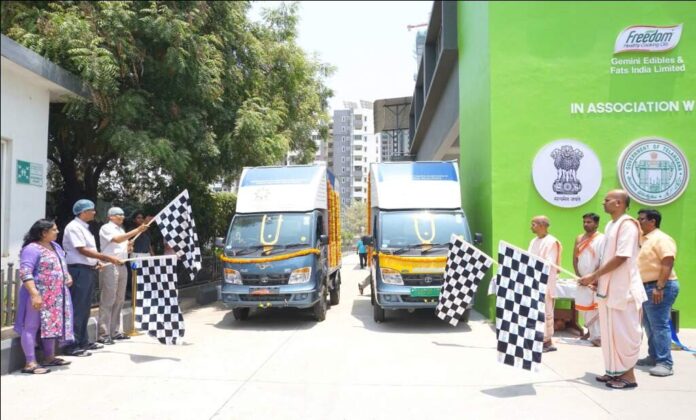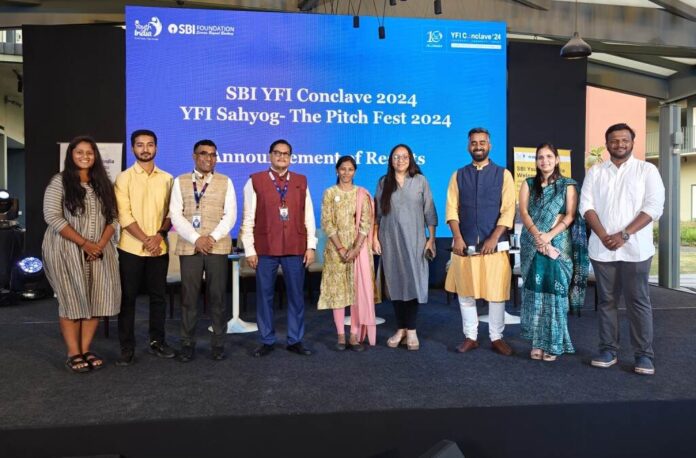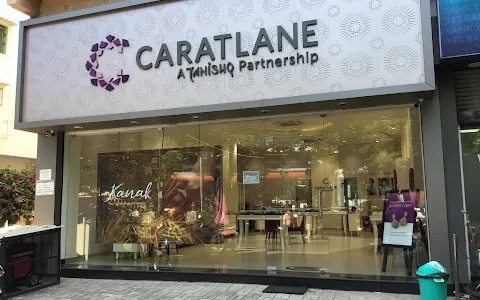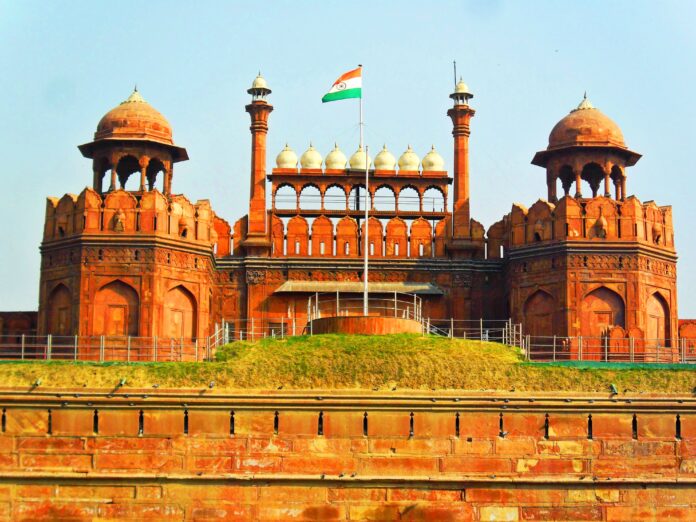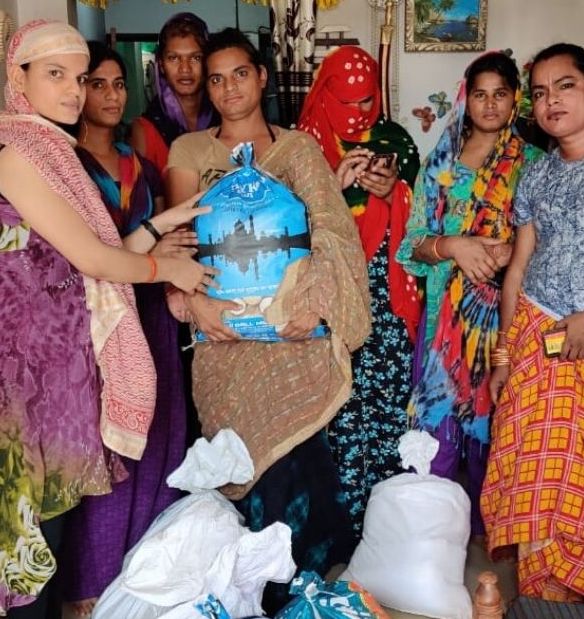Serial number
|
Name of Site
|
State/ UT
|
Name of Agency
|
1
|
Gangotri Temple Area & Trail to Gaumukh
|
Uttrakhand
|
Adventure Tour Operators Association of India (ATOAI)
|
2
|
Trail from Village Stok to base camp of Mt. Stok Kangri
|
Ladakh
|
Adventure Tour Operators Association of India (ATOAI)
|
3
|
Red Fort
|
Delhi
|
Dalmia Bharat Ltd.
|
4
|
Gandikota Fort
|
Andhra Pradesh
|
Dalmia Bharat Ltd.
|
5
|
Surajkund
|
Haryana
|
Bliss Inn (India) Pvt. Ltd. (VResorts)
|
6
|
Jantar Mantar
|
Delhi
|
Apeejay Surrendra Park Hotels (P) Ltd.
|
7
|
Ajanta Caves
|
Maharshtra
|
Yatra Online Pvt. Ltd.
|
8
|
Qutub Minar
|
Delhi
|
Yatra Online Pvt. Ltd.
|
9
|
Hampi & Hazara Rama Temple
|
Karnataka
|
Yatra Online Pvt. Ltd.
|
10
|
Leh Palace
|
Jammu & Kashmir
|
Yatra Online Pvt. Ltd.
|
11
|
Development of Multi-Lingual Audio Guide for 3 Iconic Sites
|
(i) Amer Fort, Rajasthan
(ii) Mahabodhi Temple, Bihar
(iii) Chandni Chowk, Delhi
|
Resbird Technologies Pvt. Ltd.
|
12
|
Development of Multi-Lingual Audio Guide for 9 Iconic Sites
|
(i) Dholavira, Gujarat
(ii) Somnath, Gujarat
(iii) Humayun’s Tomb, Delhi
(iv) Red Fort, Delhi
(v) Purana Quila, Delhi
(vi) Fatehpur Sikri, Agra
(vii) Taj Mahal, Agra
(viii) Mahabalipuram, TN
(ix) Khajuraho, MP
|
Resbird Technologies Pvt. Ltd.
|
13
|
Abdur Rahim Khan –i-Khana
|
Delhi
|
Interglobe Foundation
|
14
|
Bekal Fort Drishti
|
Kerala
|
Lifesaving Pvt. Ltd.
|
15
|
Champaner Pavagadh Archaeological Park
|
Gujarat
|
Akshar Travels Pvt. Ltd.
|
16
|
Rani ki Vav, Patan
|
Gujarat
|
Akshar Travels Pvt. Ltd.
|
17
|
Sun Temple, Modhera
|
Gujarat
|
Akshar Travels Pvt. Ltd.
|
18
|
Buddhist Caves, Uparkot, Junagadh
|
Gujarat
|
Akshar Travels Pvt. Ltd.
|
19
|
Gol Gumbad
|
Delhi
|
Resbird Technologies Pvt. Ltd.
|
20
|
Aguada Fort
|
Goa
|
Drishti Lifesaving Pvt.Ltd.
|
21
|
Krishna Temple, Hampi
|
Karnataka
|
Heritage Hotel, Hampi (A unit of Indo Asia Leisure Services Ltd.)
|
22
|
Elephanta Stables, Hampi
|
Karnataka
|
Orange County Resorts & Hotels Ltd.
|
23
|
Pattabhirama Temple, Hampi
|
Karnataka
|
Orange County Resorts & Hotels Ltd.
|
24
|
Zenana Enslosure (Lotus Mahal), Hampi
|
Karnataka
|
Orange County Resorts & Hotels Ltd.
|
25
|
Ugra Narsimha Temple, Hampi
|
Karnataka
|
Hotel Malligi Pvt. Ltd
|
26
|
Badavilinga Temple, Hampi
|
Karnataka
|
Hotel Malligi Pvt. Ltd.
|
27
|
Bara Lao ka Gumbad
|
Delhi
|
Bird Heritage Foundation
|

